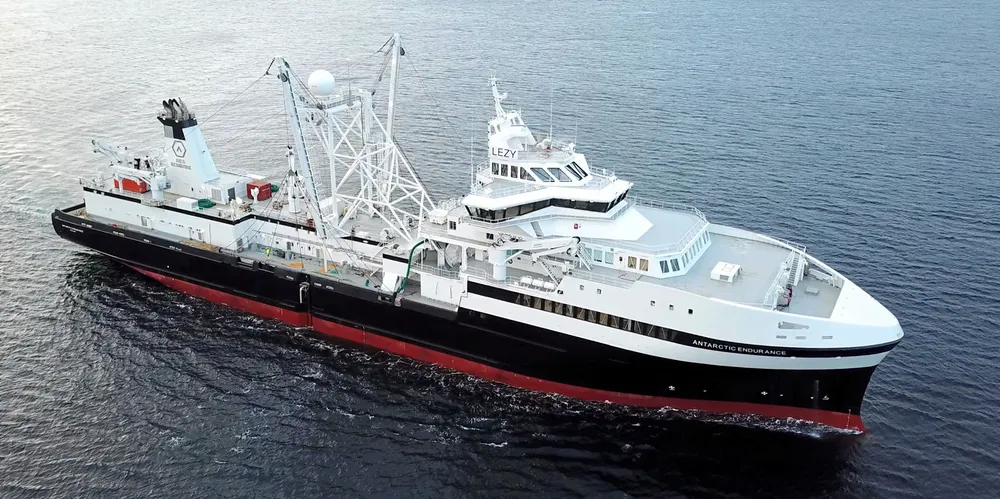Sustainable fisheries are the secret ingredient in seafood's future
It makes no sense to take something out of the ocean to improve our health if it simultaneously compromises the health of the ocean.

It makes no sense to take something out of the ocean to improve our health if it simultaneously compromises the health of the ocean.
